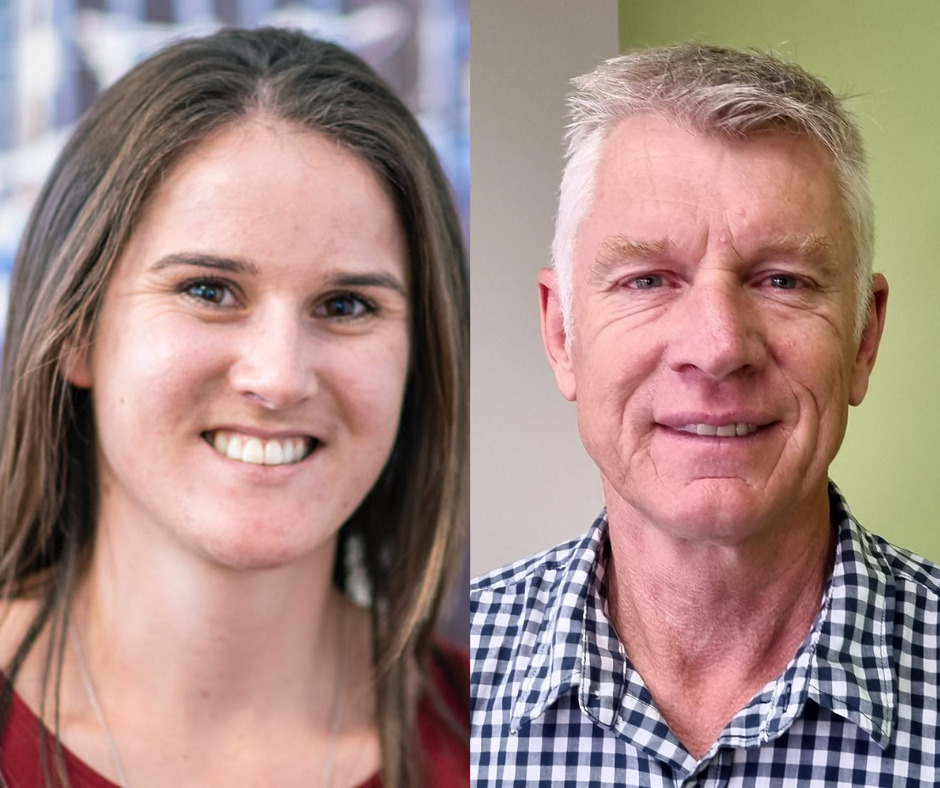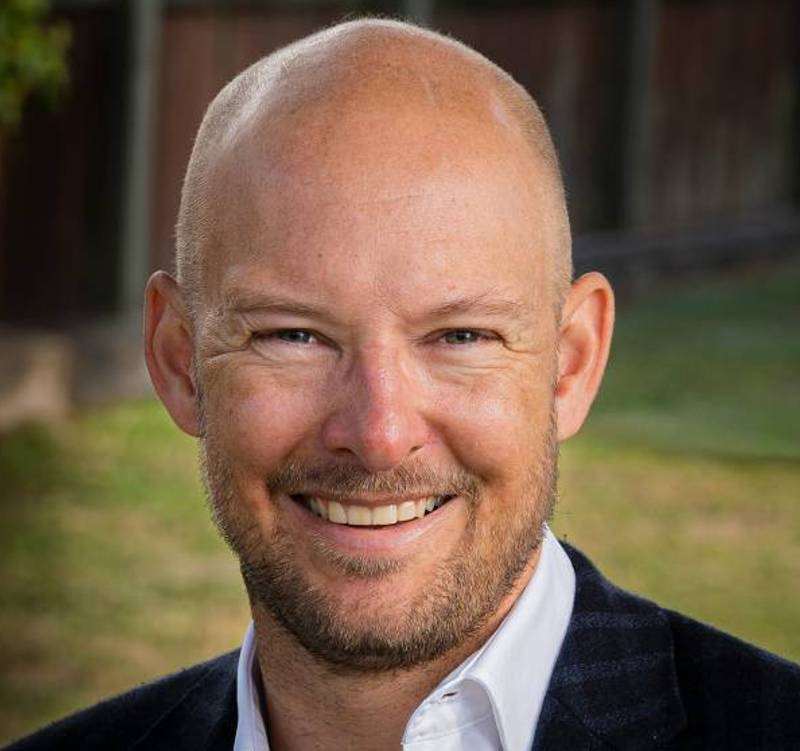
25 Sep Biodiversity credits to fund land use change on the table following new research
A market for biodiversity credits is one financing option that could be instrumental in helping New Zealand farmers fund land-use change to meet environmental targets, according to a new study.
The Options for Rural Investment project was carried out by Perrin Ag and GHA Chartered Accountants and Management Consultants as part of the Government’s Our Land and Water National Science Challenge.
The year-long study evaluated 17 different funding models to support land-use change and saw researchers run a series of workshops with farmers, industry leaders and experts to understand the obstacles to land-use change and financing solutions that could overcome them. Funding models assessed by the research team ranged from traditional debt financing and private investment to creating a market for biodiversity credits.
“New Zealand farmers are being prompted to diversify their farm systems to make their businesses resilient to climate change and meet environmental expectations, but funding isn’t always easy to access because the change is less financially viable or the land or enterprise doesn’t fit the traditional debt model,” says the report’s co-author Perrin Ag Principal Consultant Carla Muller.
“Our research showed some types of land-use change were struggling to obtain the necessary funding to get them off the ground.
“Landowners need new and innovative financing solutions to help them overcome barriers to land diversification. We hope our findings further the conversation about different models that could be available and help some farmers find a solution that works for their situation.”
Potential Solutions
One solution that stood out as having the most potential was the creation of biodiversity credits.
“While this is used in some smaller or private transactions, such as by Sanctuary Mountain Maungatautari, there is significant potential for a larger public market to be developed,” says Carla. “The Government is looking closely at this through their consultation document released in July as are other countries, such as Australia.
“New products such as biodiversity credits seem to have real potential for encouraging landowners to undertake land use and land management change that is environmentally friendly,” says Carla. “However, New Zealand does not yet have a public biodiversity credit scheme.”
She says the primary risks of creating a public market for biodiversity credits are around the design, longevity and the credibility of any market and the risk of perverse outcomes if it was not well designed.
“Examples like the carbon credit scheme through the New Zealand ETS has had success at incentivising land-use change, but the outcomes of this have been met with mixed reviews.
“It is incredibly complicated to create well-functioning public markets and there is significant work that needs to be done before this financing solution can realise its potential,” says Carla. “Consideration needs to be given to what we are actually selling, who can purchase credits generated and how these are measurable and auditable.”
The project also saw significant potential in the use of collectives, such as New Zealand’s successful catchment collectives, to combine projects to a scale where these are attractive to domestic and international philanthropic funders.
“There is significant philanthropic funding available, but they typically want big hero projects, and we need to organise our projects in this type of way,” says Carla. “We then need to work out how to better connect our projects and farmers with those sources of potential funding.”
Other options assessed had potential but still faced big challenges.
“Sustainability-linked loans are great, but you still have to be approved for bank debt,” says Carla. “Equity funding typically requires farmers to cede control of their asset, which is uncomfortable in many instances and non-traditional lenders such as regional council loan schemes are no longer operating due to changing lending requirements.
“There is not one single novel financing solution that will be suitable for all situations, but we hope our research will encourage important conversations about the potential options that might be available.
Next Steps
This project identified key actions for each of the financing options, as well as generic recommendations for each one. The project team is in the process of sharing these findings with key stakeholders including banks, Central Government, and rural advisors.
For farmers who need to make changes and can’t access traditional funding, Carla encourages them to consider the funding options presented in the report. They can assess whether they would be suitable for their situation and potentially identify some options that may support the changes they need to make.
To find out more and to read the full report visit the Perrin Ag web site.


